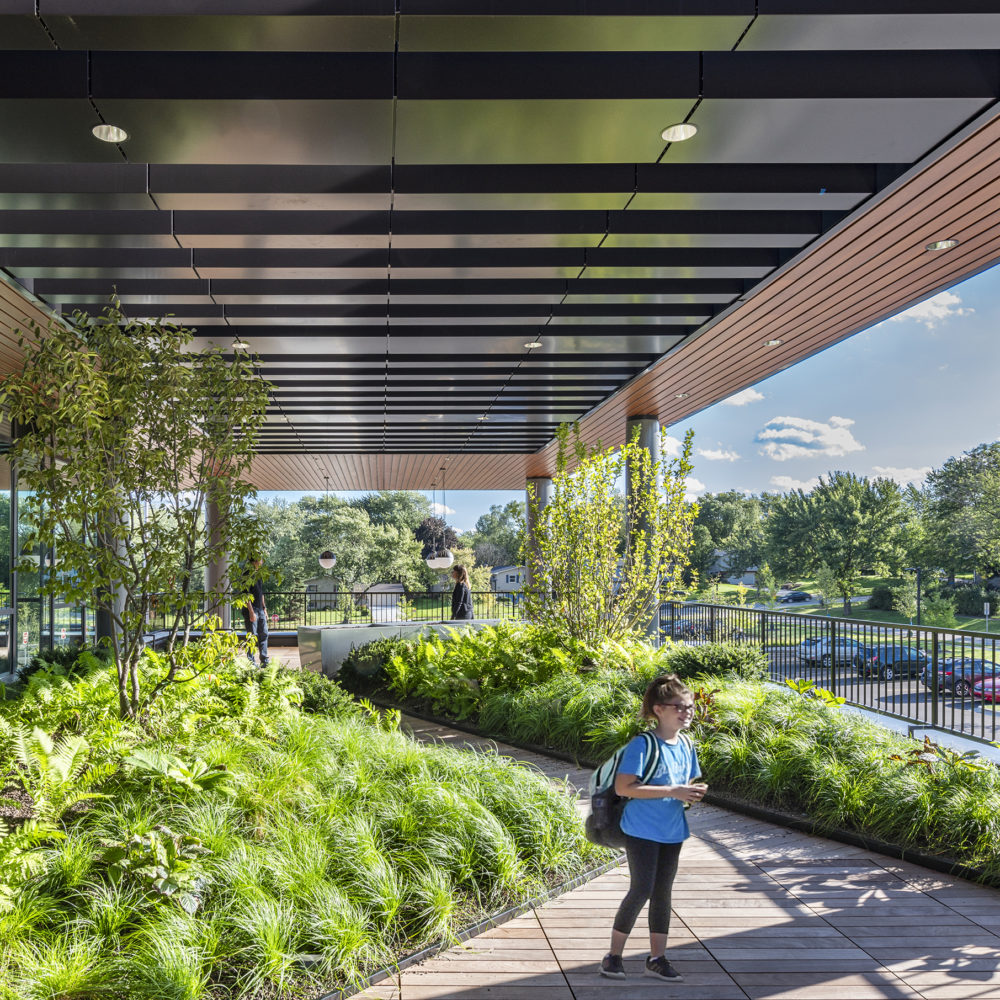
― Context
“Select strategies based on feasibility given the unique space and needs of the school. Not all strategies will be feasible for all schools. ”
― CDC, “Interim Guidance for Administrators of US K-12 Schools and Child Care Programs”

― Context
“Select strategies based on feasibility given the unique space and needs of the school. Not all strategies will be feasible for all schools. ”
― CDC, “Interim Guidance for Administrators of US K-12 Schools and Child Care Programs”
― Equity
Due to the diversity in school demographics, spending, and administrative policy, environmental justice concerns may influence COVID-19 severity in schools.

Environmental Injustice
Ensure that all people have the opportunity to learn in a safe and healthy environment.

Housing and Food Insecurity
Provide resources for basic human services.

Preexisting Conditions
Account for people with respiratory conditions (asthma), obesity and other conditions that may increase risk.

Mobility Impairments
Modify directional guidance and plan for all students.
― Survey Results
To ensure this resource addresses your concerns, we surveyed schools around the world to inform our research efforts.
↓
― Risk
School design and protocols cannot address every hazard between home and school. There will be risks.

Home
Working parents
Social engagements
Multi-generational living
→
Transit to school
Public transportation
School bus density / contamination
→
Entering and exiting school
Entering the building
High-touch surfaces
Public spaces
→
Learning spaces
Designed and managed for physical distance
© 2020 Perkins&Will
The guidance provided on this site is based on the available information as of the date of publication and does not replace federal, state, or local public health recommendations but aggregates best practices in innovative solutions at the intersection of buildings and school health. We encourage schools to reach out and seek expert advice on their unique circumstances.